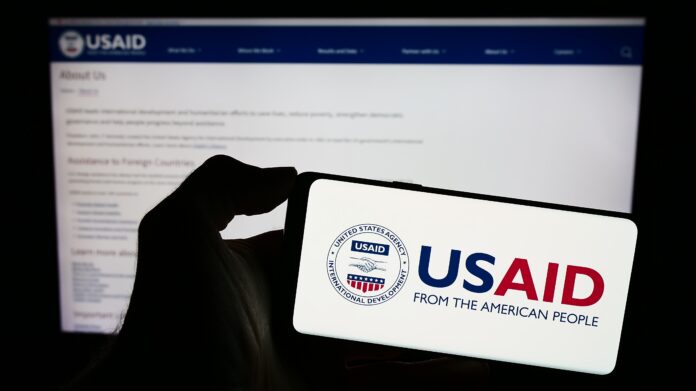A bid protest, filed in the Court of Federal Claims earlier this week, is of particular importance to the international development community. It challenges USAID’s choice-of-instruments between procurement contracts and assistance agreements (grants and cooperative agreements). While this protest focuses on a particular transaction, the legal issues have the potential to impact much of how USAID—and other Federal programs—spend Federal funds with “third parties.
The complaint begins:
The Federal Grant and Cooperative Agreements Act (“FGCAA”), 31 U.S.C. § 6301 et seq., requires executive agencies to utilize procurement contracts, rather than grants or cooperative agreements, when the primary purpose of a transaction is to assist the agency in implementing its authorized programs. Here, the United States Agency for International Development (“USAID” or “Agency”) issued Notice of Funding Opportunity No. 72067424RFA00009 (“NOFO”) seeking assistance in performing its program to achieve and sustain HIV/AIDs and Tuberculosis epidemic controls in Mpumalanga Province, South Africa. USAID violated the FGCAA by selecting a cooperative agreement for this transaction. Plaintiff BroadReach Healthcare Ltd d/b/a BroadReach Health Development Ltd (“BroadReach” or “Protester”), by and through its undersigned counsel, protests this improper Agency action as a violation of the Administrative Procedure Act (“APA”), 5 U.S.C. § 706. BroadReach asks this Court to order USAID to rescind the NOFO and to competitively resolicit this requirement as a procurement contract.
Looking beyond this particular transaction, the complaint analyzes how USAID and other Federal agencies mistakenly believe that they have flexibility in choice-of-instrument decisions. The government implications of this issue is significant because “the funds spent by agencies on grants and cooperative agreements dwarf those spent on procurement contracts.
| Year | Grants | Cooperative Agreements | Contracts |
|---|---|---|---|
| FY2023 | $1.08T | $63.9B | $760.4B |
| FY2022 | $1.08T | $59B | $694.4B |
| FY2021 | $1.28T | $86.2B | $645.5B |
Importantly, this legal analysis is not about favoring contractors over not-for-profits. (Indeed, contractors and not-for-profits are eligible to receive both procurement contracts and assistance agreements.). Rather, as the lawsuit states: “This case presents an opportunity for this Court to clarify and enforce Congress’s intent in enacting the FGCAA: to stop agencies from using grants and cooperative agreements to circumvent the competitive procurement system.”





